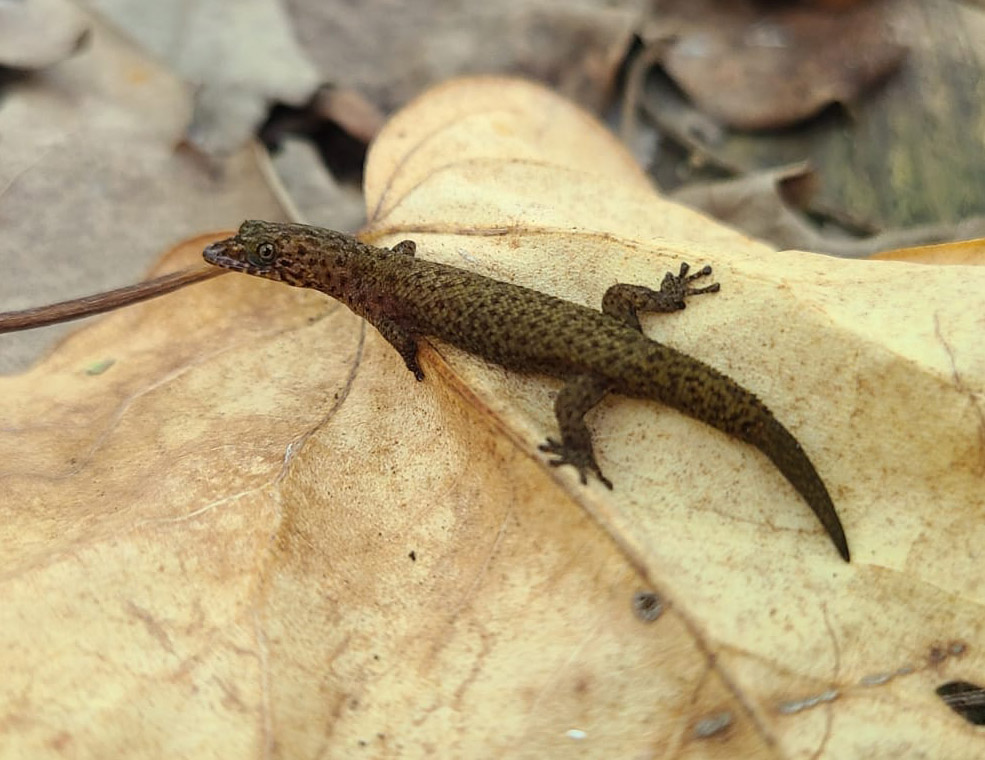
| |
| Home |
| Research |
| Publications |
| People |
| Teaching |
| Field Course |
| Conservation |
| Outreach |
| Adventures |
| Opportunities for students |
| Contact |
RESEARCH PROGRAM |
| SIGNAL DIVERGENCE AND SPECIATION IN REEF GECKOS |
Animals use various signals to find and compete for mates. Premating reproductive barriers can arise if these signals diverge between populations. Using a combination of behavioral experiments and genomic approaches, we are exploring how changes in visual and olfactory signals could drive the evolution of incipient species using the reef gecko Sphaerodactylus notatus, a species of dwarf gecko with variable sexual dimorphism and variable color patterning. The species complex is native to the Bahamas, Cuba, and southern Florida. The work uses reduced-representation genomic approaches to reconstruct the species complex's evolutionary history, and infer key demographic parameters (e.g., gene flow, population size). In addition, we are using behavioral experiments to explore how individuals use dimorphic traits in recognizing potential mates and competitors, to infer a measure of reproductive isolation. This project is Emily Powell's dissertation research.
|
 |
| Reef Gecko from South Miami, FL (photos, including banner, taken by Emily Powell). |
| Back to Uy Lab Home |
|